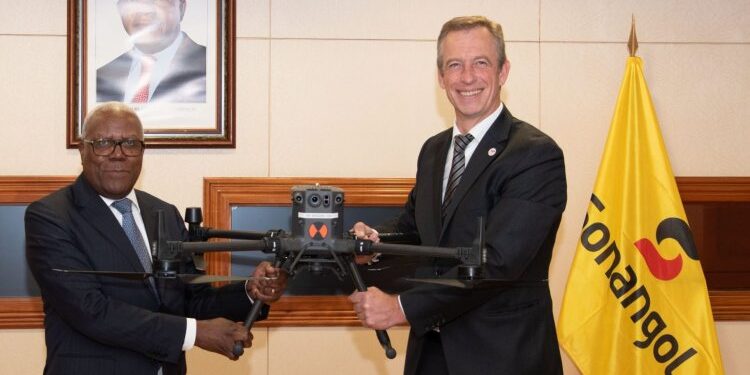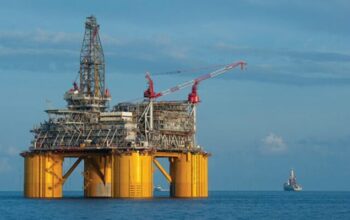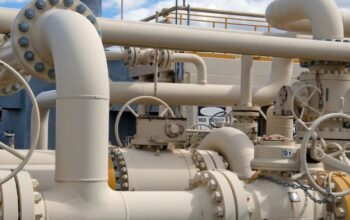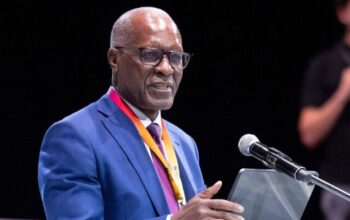The state-owned oil company Sonangol and Total Energies have signed a cooperation agreement in Luanda to launch a campaign to identify, quantify, and reduce methane and carbon dioxide emissions in their activities.
According to Sonangol’s website, to which ANGOP had access on Friday, the operation will be carried out through a drone, supporting the decarbonization of the Angolan oil industry and contributing to cleaner energy in the country.
According to the Angolan oil company, the pilot campaign begins in November, in Block 3/05, and will involve the use of the “AUSEA” (Airborne Ultra-light Spectrometer for Environmental Applications) technology developed by Total Energies and the French National Scientific Research Centre (CNRS).
The technology, according to the website, enables highly accurate and qualified detection of methane and carbon dioxide emissions on oil installations.
The technology provided by Total Energies will ensure that methane and carbon dioxide emissions are controlled with greater precision, taking into account Angola’s objective of reducing emissions.
The signing of the cooperation agreement demonstrates the two companies’ commitment to ensuring a healthy environment for future generations, the oil company said.
Created in 1976, Sonangol, E.P is a company that explores liquid and gaseous hydrocarbons in Angola’s subsoil and continental shelf. With approximately 7,000 employees, the Angolan oil company’s activities carried out independently or in association with national and foreign companies cover prospecting, research, development, production, storage, commercialization, transport, and refining of hydrocarbons and their by-products.
![]()




